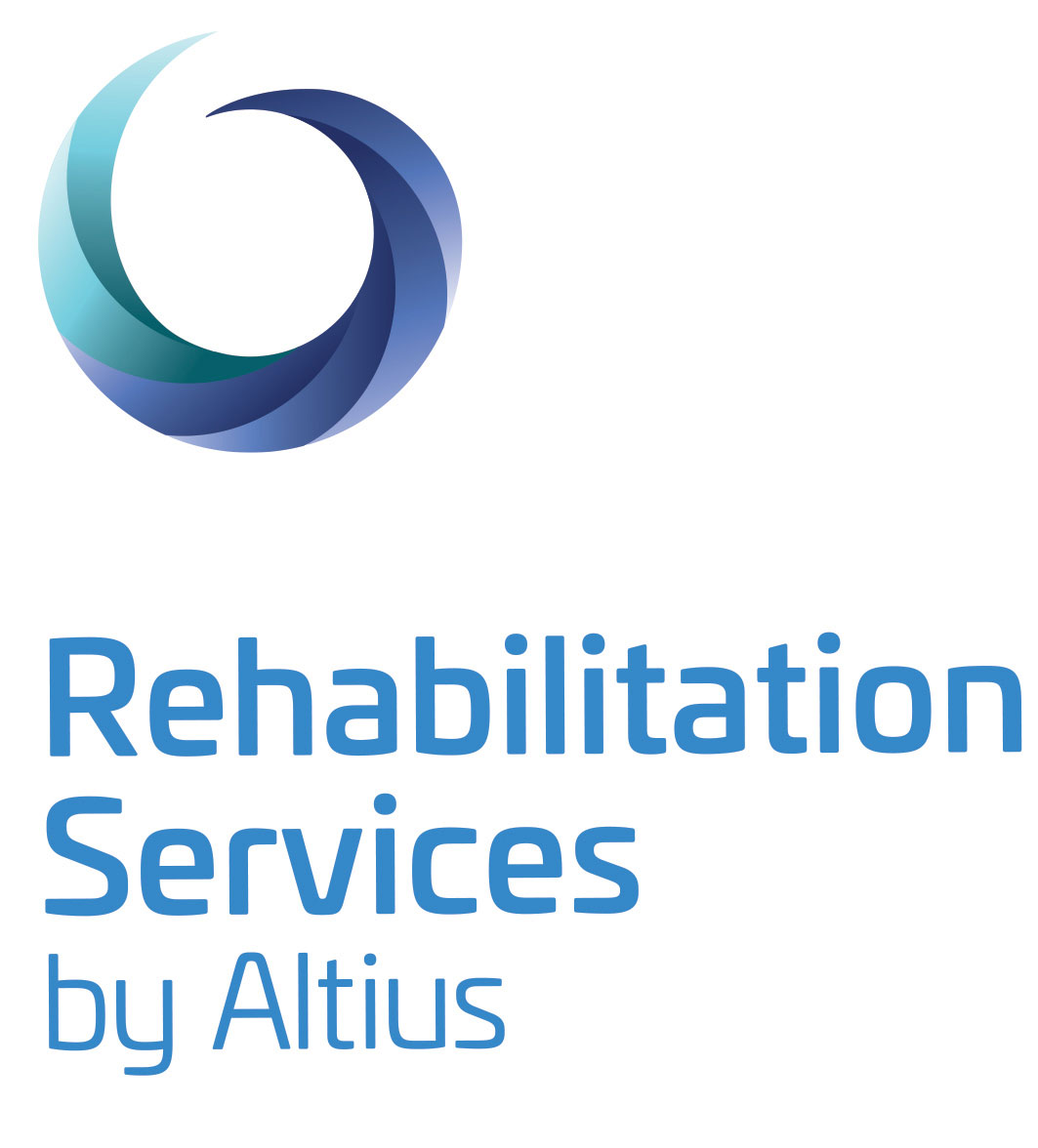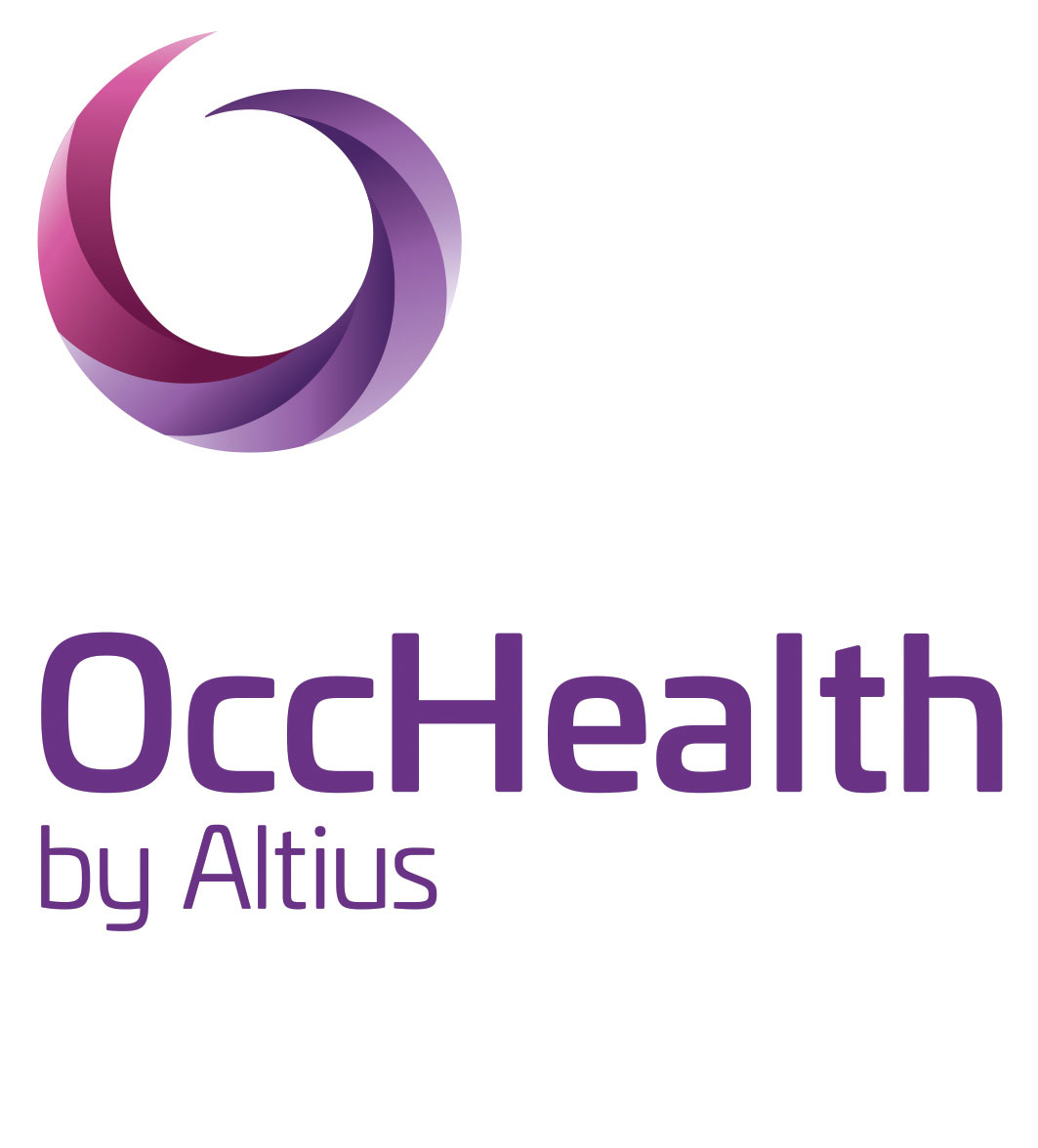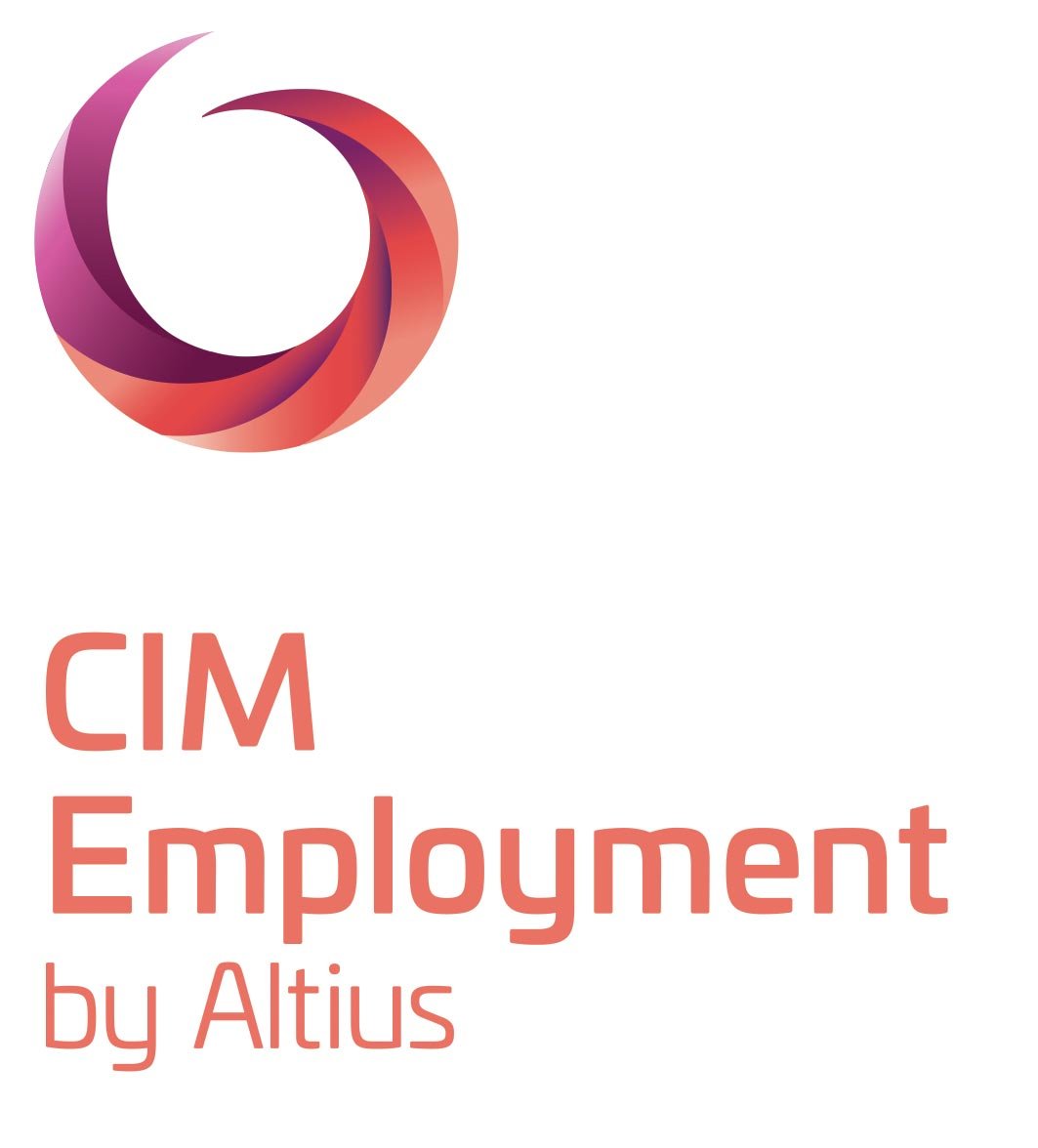Critical Incident Response
This is the phone number for a critical incident response only and goes direct to PeopleSense by Altius.
For Altius Group general enquires, please contact us or call us at 1800 258 487 during business hours.
If you would like to proceed with this call, please click on the button below.
Sensing burnout and establishing sustainable practices for managers can enable further care to others.
Many professionals who feel compelled to lead, encourage and shape those around them, achieving exciting and excellent outcomes, find themselves in management. Seeing the big picture, overseeing talented and driven colleagues, and looking to the future can be a heady mix of adrenaline, vision and tenacity. However the flip side of this role and vocation is that a great deal of energy is output on projects and others. Google trend data displays that searches for “pandemic burnout symptoms” have increased by over 500% from September 2020 to January of this year alone. Managers more than ever are feeling burnout, with many leaving companies and projects they love out of necessity to care for their health.
It is vital that managers can firstly, sense when they are close to running on empty and secondly, to have practices and approaches ready to restore energy levels of mind and body.
Approaching Burnout
GPs across the country have started to see an increase in patients voicing confusion as to why they no longer have the energy, particularly at work, that they used to. Studies coming out of the pandemic have started to highlight the signs of burnout.
- A nagging sense of failure and increase self-questioning
- A sense of helplessness, feeling trapped and generally defeated
- A distancing from colleagues, a sense of loneliness
- A marked decline in motivation
- A rising outlook of cynicism and generally negative outlook on team members and project outcomes
- Lowered levels of satisfaction and sense of accomplishment
- Rising and sustained stress levels
- Long lasting fatigue
- Trouble sleeping
- Easier triggers of sadness, anger or irritation
Sustainable Self-Care Practices for Managers
Having an established list of possible ways to manage burnout and provide for self-care is integral to the ability of managers to not only sustain themselves professionally and personally, but be in the right headspace to provide great care for those they manage.
Here are a few ways in which managers can establish sustainable self-care.
1. Carving out a pastime outside of work that brings joy
As managers are consistently pouring out energy, guidance and support to their team members, it is helpful to think of energy levels as a tank of water. As the days and weeks go on, putting out fires, meeting and managing numerous interpersonal conflicts, a manager's tank will be depleted, and much like a car, running on empty is not ideal or healthy.
The Harvard Business Review surveyed 1000 managers and found that of those that felt healthy, happy and sustained, all established identity anchors outside of work.
From joining a book club, sports club, knitting, fencing, hiking or baking, those that had pursuits tha gave them meaning and satisfaction beyond their job, bringing them joy, cushioned the impact of stress at work and replenished their energy levels.
The key is to input this activity at regular intervals in your week, three times a week for pottery class, or every second day to work on a small watercolour painting, it was these tasks that were distanced from work, fully focused and engaged the mind elsewhere that brought a greater sense of energy and equilibrium to the manager’s week.
2. Establishing and protecting moments of rest
As the pandemic continued, many managers found that the distance between home life and work life became increasingly blurred, not helped by the fact of working from home.
Counsellors and psychologists have long encouraged periods of rest between moments of intense focus and people time at work, to give the brain and body a break. ‘Rest’ does not have to mean extended vacation, it can mean inputting 15 minutes of ‘out of office’ time on your calendar between meetings. It can mean 20 minutes every afternoon to stretch the legs and get out of the home.
Of those surveyed 85% found themselves more calm and refreshed after taking a walk, 81% enjoyed listening to music while either walking or doing some light errands around the home and 55% enjoyed making time for the gym during the day.
Excitingly, many managers found that as they started to implement small breaks into their day, and share that practice with team members, others felt encouraged to do the same. Modeling good practices as a manager can have significant good effects on a team and benefit the whole.
3. Leaning away from micromanaging
Many managers can fall into the assumption that ‘smooth sailing’ equates to ‘perfect’ and in facilitating that goal, maintaining close proximity task-wise to team members in the day to day. The National Library of Medicine published a paper that found that micromanaging was one of the most costly management styles, for managers and team members alike.
From increasing burnout for managers and frustration from team members, the approach has widely been shown to have significant negative impacts on all.
The study found that employees that were permitted to be self-directed were more highly motivated to be more productive. Staffing issues of low morale and high turnover declined and both managers and team members flourished.
Developing a solid vision of a department, spending time to hire the right fit, developing policies of self-directed tasks, creating solid and open lines of communication for when things did go wrong and expecting some employee errors from the beginning of a project, with these approaches, many managers found stress levels reduced and a happier and more productive team overall.
4. Vulnerability is allowed
In a fascinating study to come out of the US Center for Analytics and Behavioral Research, over 12,000 professionals were studied. It was found that there was a striking correlation between managers opening up and showing vulnerability to the strength of a team overall.
The study found that during times of great stress and crisis, particularly at crunch times in professional projects, employees significantly sought out connections and camaraderie, amongst each other but most importantly with their manager.
It was found that only 24% of those studied assessed that their manager would often or always be vulnerable, but of those 24%, harmony of the team, a willingness to go “above and beyond”, overall dedication and creativity were pointedly higher than the other 76%.
While understandably there are wisdom markers for what to share, those in the study conveyed that when managers shared that they found work to sometimes be stressful, difficult and overwhelming, team members felt a connection and sense of community they hadn’t before. This made them feel included, trusted and spurred them on in their work.
Being a manager means juggling both technical, emotional and practical skills, with the likelihood of points of significant stress and energy depletion. Using the above as a guide to self-care, managers may look after themselves as well as remaining a great resource for their team.
If you would like to support your managers mental health learn more about our Mangers Assistance Program (MAP) As part of our EAP offerings, workplace managers and supervisors gain access to our clinical and organisationally-trained psychologists for support dealing with the mental health, resilience and wellbeing of their employees.









